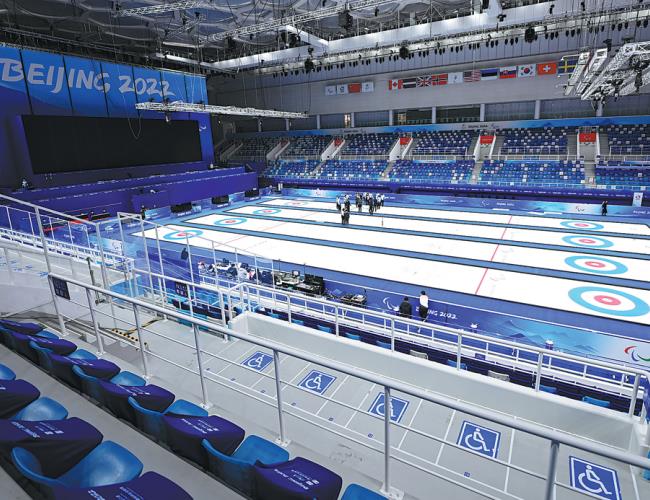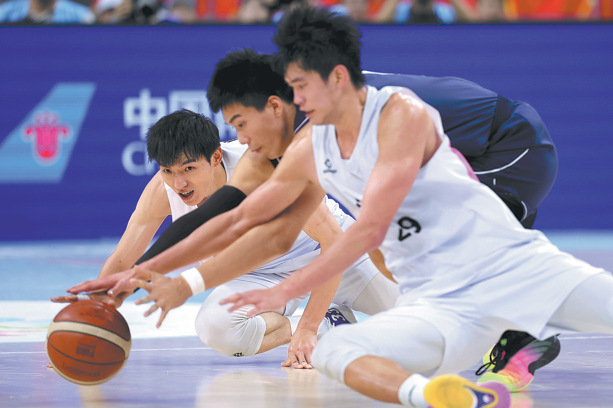Excellence in accessibility to leave lasting legacy


Rodriguez was especially impressed with the organizers' efforts in providing exceptional accessibility for visually impaired athletes.
"A lot of the time we think that accessibility is only about mobility. We tend to forget about things for people with vision impairments to participate as well," added Rodriguez.
"Some of the changes that needed to happen in the (Paralympic) villages, for example, were the better signage BOCOG provided in the dining halls for the athletes to be able to see and select what they needed to eat.
"Another example is the tactile way-finding systems for (vision-impaired athletes) to be able to guide themselves around.
"A lot of the vision-impaired rely on technology. There are apps that support them and although there is a lot of work that still needs to happen in these apps, a lot of people are able to use them to help themselves.
"The best takeaway, and this goes beyond people with a vision impairment, or people with a mobility impairment, is the fact that we need to learn to listen to the needs of people, and from that provide solutions."
Most Popular
- First-ever cross-boundary marathon runs at China's 15th National Games
- HK athletes shine with five-medal haul on dominant day at National Games
- Sports fever sparks spike in tourism in Hong Kong
- Veteran soccer coach keen for extra time
- Rising star Zhang stuns with 3 golds
- Top tiers of Chinese, English football swap notes in Hainan




























